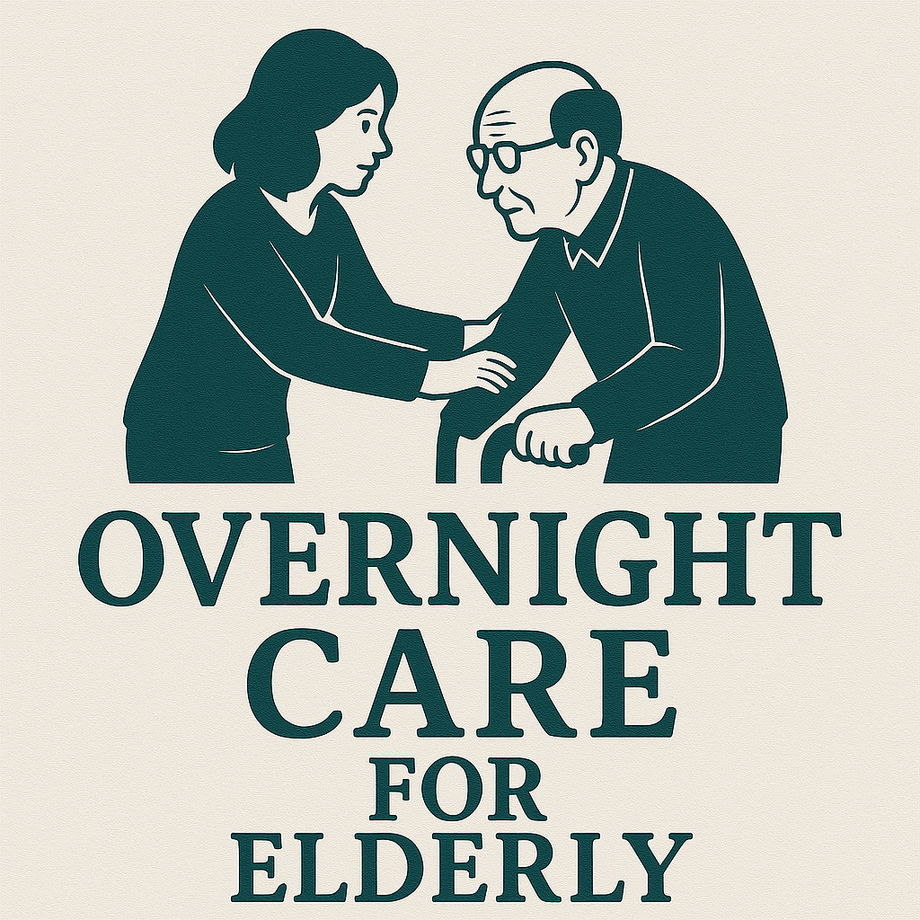Introduction
As our loved ones age, ensuring they receive the care they need becomes a top priority. Overnight care for the elderly is essential for seniors who require assistance during the night, providing safety, comfort, and peace of mind for families.
What is Overnight Care for the Elderly?
Overnight care includes professional caregivers staying with seniors overnight to assist with medical needs, mobility, and emergencies. Unlike daytime care, it focuses on ensuring seniors rest comfortably and get assistance as needed.
Types of Overnight Care Services
-
Live-in Caregiver Support: A caregiver stays overnight, offering 24/7 assistance.
-
Hourly Overnight Care: Caregivers provide services only during designated hours.
-
Respite Care: Short-term overnight support for families needing temporary relief.
Who Needs Overnight Elderly Care?
Seniors with dementia, those recovering from surgery, and individuals with mobility issues benefit most from overnight care. It provides constant supervision, minimizing risks of falls or medication mishaps.
Key Benefits of Overnight Elderly Care
-
Safety and Security: Reduces the risk of falls and accidents.
-
Medication Management: Ensures timely administration of medicine.
-
Toileting and Mobility Assistance: Prevents nighttime discomfort and injuries.
-
Peace of Mind for Families: Knowing your loved one is in safe hands.
Cost of Overnight Elderly Care
Several factors influence the cost, including location, level of care required, and the caregiver's experience.
Price Chart for Overnight Elderly Care Services
| Type of Care | Average Cost per Night (USD) |
|---|---|
| Live-in Caregiver | $120 - $250 |
| Hourly Overnight Care | $20 - $40 per hour |
| Respite Care | $100 - $200 |
Choosing the Right Overnight Caregiver
-
Check qualifications and certifications.
-
Conduct background checks.
-
Choose caregivers with experience in elderly care.
How to Arrange Overnight Care
-
Contact a reputable agency.
-
Discuss your loved one's needs and schedule.
-
Establish a contract and payment plan.
Challenges of Overnight Care and How to Overcome Them
Caregivers may face sleep disturbances, and trust issues may arise. Clear communication and structured shifts help address these challenges.
Overnight Care vs. Assisted Living: Which is Better?
While overnight care allows seniors to remain at home, assisted living provides structured care in a facility. The best choice depends on individual needs.
EEAT Factors in Overnight Care
Trustworthy caregivers with proper certifications ensure high-quality overnight care.
Common Myths About Overnight Elderly Care
-
It's not only for terminally ill patients; any senior needing assistance can benefit.
-
Affordable options, including financial aid and insurance, are available.
FAQs About Overnight Care for the Elderly
-
How many hours is considered overnight care?
-
Typically, overnight care covers 8-12 hours.
-
-
Can a caregiver sleep during overnight shifts?
-
Some caregivers may rest if the senior does not need continuous supervision.
-
-
Is overnight care covered by insurance?
-
Some long-term care insurance policies cover overnight care.
-
-
What is the best way to find a trustworthy overnight caregiver?
-
Using licensed agencies and conducting thorough background checks.
-
-
How can I afford overnight elderly care?
-
Financial assistance programs, insurance, and Medicaid may help cover costs.
-
Conclusion
Overnight care for the elderly is a crucial service that ensures seniors receive the support they need while providing families peace of mind. Planning ahead and choosing the right caregiver can make all the difference.







